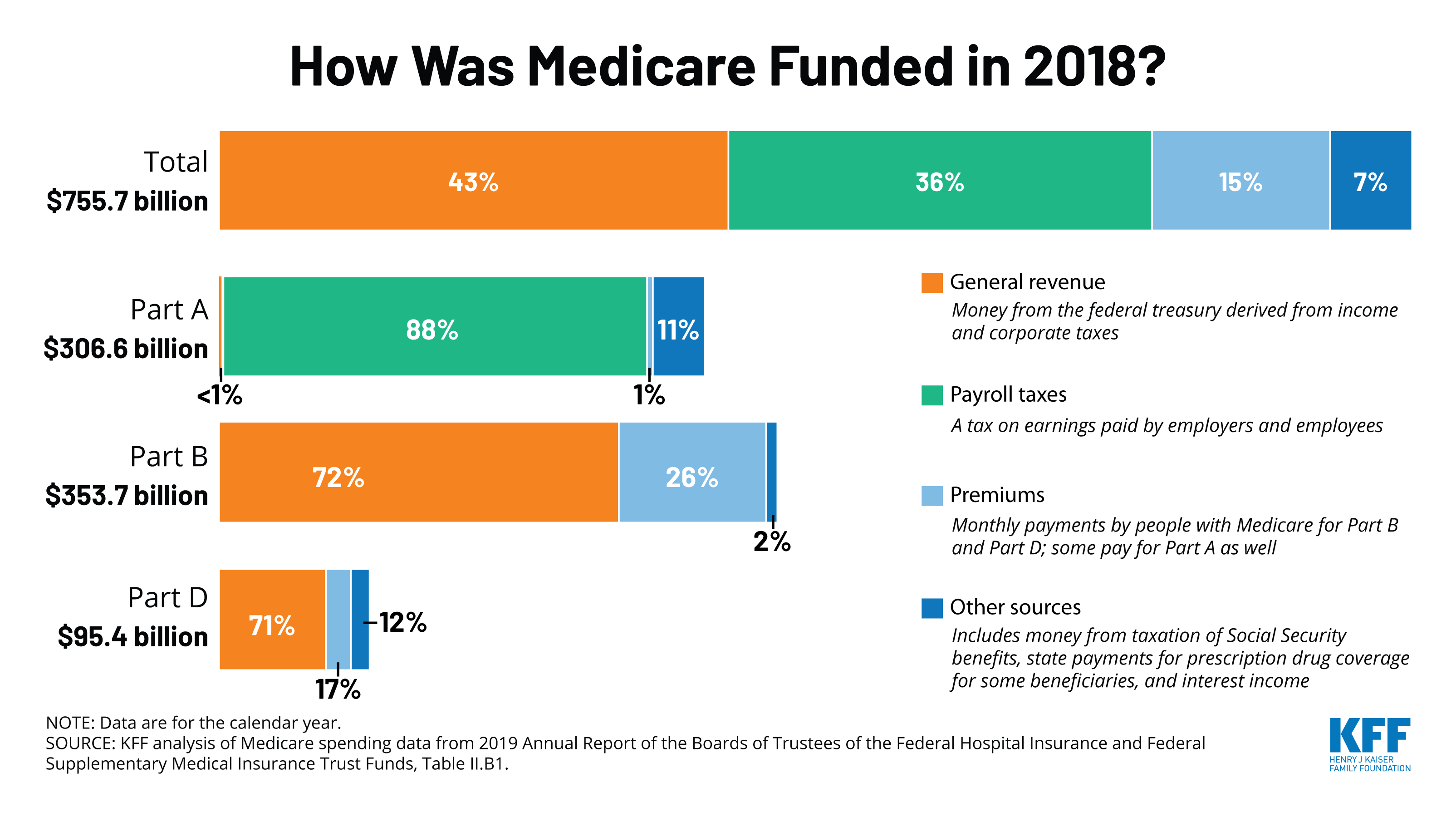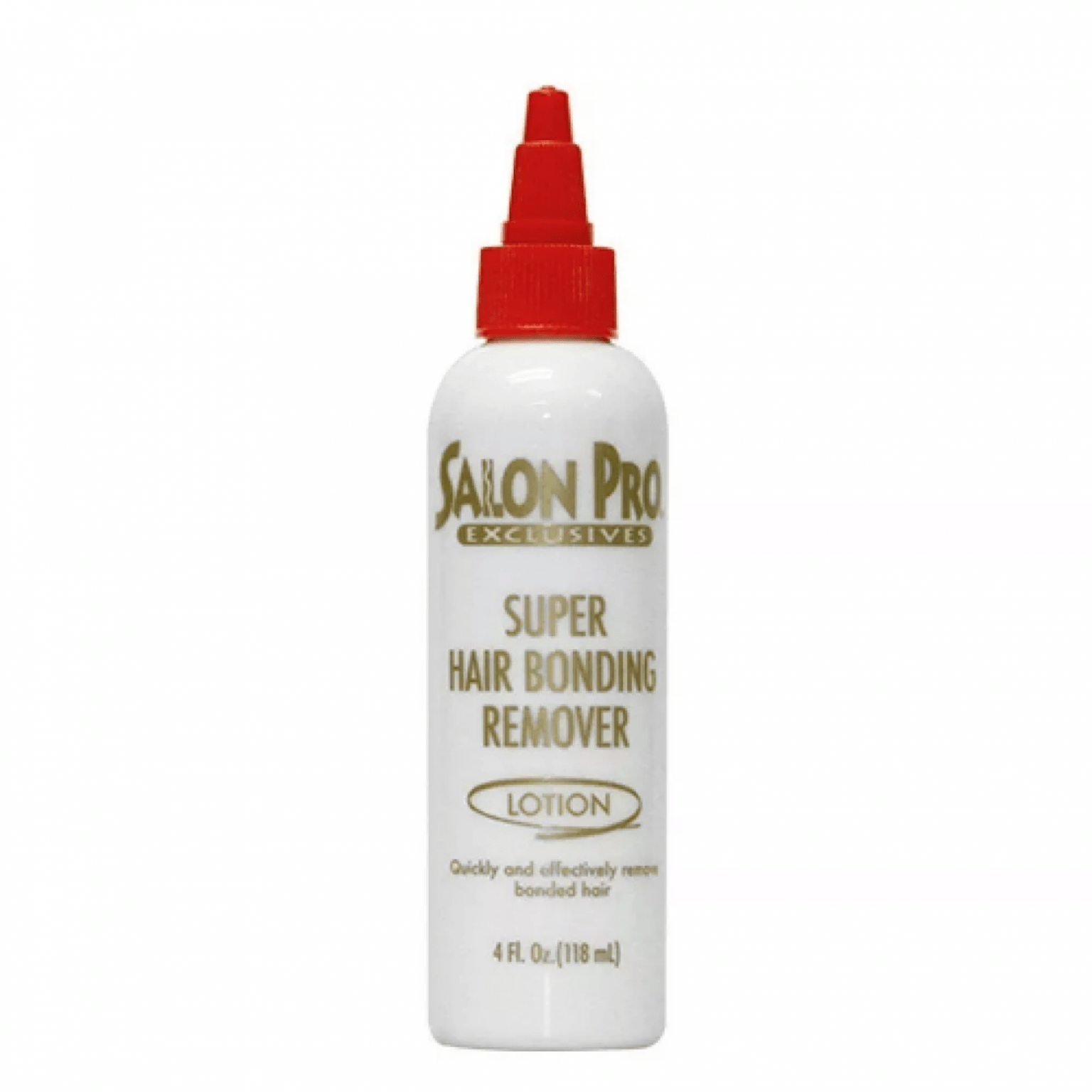Table of Content
The Nursing Home Reform Act ensures each resident will not be abused, receive improper medical treatment, or be isolated. Earlier this year, a nursing home caregiver was terminated after she spoke to a state investigator. According to state records, the inspector was investigating conditions at the facility. The caregiver, Brandy Johnson, was a certified nurse aide at the Aspire of Perry nursing home for three years. An investigation by USA Today has revealed the scope of the problem of understaffing at U.S. nursing homes – in 2021, more than 75 percent of these facilities had fewer aides and nurses than they should have. Despite this, just 589 of these facilities were cited by regulators...

It created uniform standards for long-term care facilities and established the Nursing Home Resident Bill of Rights. To secure quality care in nursing homes, the Nursing Home Reform Act requires the provision of certain services to each resident and establishes a Residents' Bill of Rights. States are required to perform random surveys of nursing homes at least once every 15 months. These surveys usually focus on residents’ rights, quality of care, quality of life, and the services provided to residents.
Jeff Pitman and Katherine E. Metzger’s Article on Nursing Home Abuse Featured in NAELA Journal Online
Many facilities will inform a resident that they do not have any more Medicaid beds available, despite the fact that most facilities have dually-certified beds. What this means is that if you are currently in a bed, they must allow you to stay in the bed even if you are on Medicaid ? The number of "Medicaid beds" is most often determined by the facility itself for budgetary purposes. Oftentimes, an agent or advocate visits our office concerned because their loved one is being discharged from the nursing home, and they want to assess what their options are. The good news is that the nursing home cannot just kick a resident out of the nursing home.
This is why facilities need physician’s orders for a medication. Prospective residents and families can review their state's licensure and compliance inspection reports. The websiteActive Livinghas gathered this information for every state. If you are an agent for the resident, you should never sign the nursing home admission documents in your personal capacity, and the nursing home cannot require you to sign as a responsible party. Instead, you should clarify, in writing that you are signing on behalf of the resident. The information provided by NursingHomeAbuseCenter.com is not a substitute for professional medical advice.
Popular Directory Searches
Furthermore, the Nursing Home Reform allows surveys on nursing homes. In a period of 15 months at irregular intervals, these surveys have to be achieved including interviews with the residents. Afterward, if there are complaints, the surveyors have to investigate. How these rights are protected is found in the Act's requirements relating to standards of care.
See thisdocumentfrom the Centers for Medicare and Medicaid Services for an in-depth explanation of a nursing home resident's rights. If you disagree with a facility's decision of coverage, you may request that the facility submit the bill to Medicare even when the facility believes that services will not be covered by Medicare. The facility cannot bill the beneficiary for the disputed charges until the Medicare fiscal intermediary issues a formal claim determination. If the determination is unfavorable, you should be prepared to pay for the expense. If you feel that your loved one still requires skilled nursing care or is otherwise being improperly discharged, you may appeal the decision. The facility is required to provide you with a statement pertaining to your right to appeal with the discharge notice.
nursinghomeabuseguide.com
Nursing homes in the United States must comply with the standards of the NHRA in order to receive Medicare and Medicaid funding. Nursing home residents who have suffered from neglect may have the option to pursue damage claims in court. If you or a loved one has suffered from any kind of nursing home neglect or abuse, make sure you learn about your legal rights and options. One of the most important laws that governs the activities of nursing homes is the Nursing Home Reform Act, which became law in 1987.
Despite some improvements at nursing homes, serious issues were reported in California in ten years later. Upon further investigation, the Senate Committee on Aging found that many nursing homes were failing to meet the requirements of the NHRA. In addition to establishing the above requirements, the NHRA also establishes a plan for monitoring whether nursing facilities are complying with the law. States must conduct regular and unannounced surveys of all nursing facilities. Nursinghomeabuseguide.com needs to review the security of your connection before proceeding.
Aged Care (Single Quality Framework) Reform Act 2018
If you believe your loved one has been injured or died from inadequate medical care, talk to a localpersonal injury attorneytoday. In cases that seniors are not receiving necessary services or are having their rights violated, legal action may need to be taken. An attorney can help families decide if they need to file a lawsuit against a nursing home. Some law firms are dedicated to elder law and specialize in defending seniors against abuse and neglect in nursing homes.

Some states have passed their own laws to improve the situation. At one point, only 2% of California nursing homes were found to have minimal or no deficiencies. Almost all California nursing homes had deficiencies and these problems were rarely remedied due to lack of enforcement power. The enforcement issues in California were indicative of a nationwide problem.
The act protects seniors from physical, emotional, and social abuse and neglect. The Nursing Home Reform Act is an important law that protects individuals who must move into care facilities. However, as stated previously, it only applies to facilities that receive Medicare and Medicaid funding.

States are responsible for inspecting and certifying that the facilities receiving Medicare and Medicaid funding are substantially compliant with the Act's standards. The question then becomes what is the motivation to discharge a patient. Most nursing homes prefer Medicare reimbursement or private pay over Medicaid reimbursement to protect the financial stake of the company. Furthermore, most nursing homes prefer residents who do not have extraneous care needs, or advocates that are determined to present a problem to a nursing home.
In 1986, Congress asked the Institute of Medicine to analyze the state of nursing homes in the United States. Congress suspected that many nursing homes weren’t providing high-quality care to seniors. The results of the study proved that many nursing home residents were not receiving adequate care and that neglect and abuse were common. Nursing home surveys include interviewing the residents at least one time within a 15-month period. The surveys look closely to ensure that the facilities are respecting the legal rights of residents and providing quality care.

Visit our attorney directory to find a lawyer near you who can help. A facility may have the resident admitted to a hospital on in-patient status and deny readmission. Since Connecticut Medicaid does not pay for a bed hold, you should consider privately paying for a bed hold.
What is the Nursing Home Reform Act?
Some states have included NHRA's requirements into their state laws regulating long-term care facilities. In those states, all nursing homes must comply with NHRA standards, not just those seeking Medicare or Medicaid funds. Though the federal government sets the standards for nursing homes in the NHRA, the states are responsible for monitoring their nursing homes. States certify and survey nursing homes and enforce the law.

No comments:
Post a Comment